Community Called Atonement
$20.99
Over the centuries the church developed a number of metaphors, such as penal substitution or the ransom theory, to speak about Christ’s death on the cross and the theological concept of the atonement. Yet too often, says Scot McKnight, Christians have held to the supremacy of one metaphor over against the others, to their detriment. He argues instead that to plumb the rich theological depths of the atonement, we must consider all the metaphors of atonement and ask whether they each serve a larger purpose.
A Community Called Atonement is a constructive theology that not only values the church’s atonement metaphors but also asserts that the atonement fundamentally shapes the life of the Christian and of the church. That is, Christ identifies with humans to call us into a community that reflects God’s love (the church)–but that community then has the responsibility to offer God’s love to others through missional practices of justice and fellowship, living out its life together as the story of God’s reconciliation. Scot McKnight thus offers an accessible, thought-provoking theology of atonement that engages the concerns of those in the emerging church conversation and will be of interest to all those in the church and academy who are listening in.
in stock within 3-5 days of online purchase
SKU (ISBN): 9780687645541
ISBN10: 0687645549
Scot McKnight | Editor: Tony Jones
Binding: Trade Paper
Published: November 2007
Living Theology # 1
Publisher: Abingdon Press
Print On Demand Product
Related products
-
I Still Believe Small Group DVD Kit
$39.99The I Still Believe Small Group Kit combines a 5-episode DVD series, 35-day devotional journal, and thorough leader’s guide to serve as a five-week guided tour for small groups through the biblical response to commitment, sacrifice, grief, loss, and also God’s sovereignty and redemption. This kit comes as a ready-to-use package that makes it easy to implement small groups in your church or ministry.
Includes: Video Series, Leader’s Guide, and Study Journal
Add to cartin stock within 3-5 days of online purchase
-
Grief Recovery Handbook (Anniversary)
$17.99Newly updated and expanded to commemorate its 20th anniversary-this classic resource helps people complete the grieving process and move toward recovery and happiness
Incomplete recovery from grief can have a lifelong negative effect on the capacity for happiness. Drawing from their own histories as well as from others’, the authors illustrate how it is possible to recover from grief and regain energy and spontaneity. Based on a proven program, The Grief Recovery Handbook offers grievers the specific actions needed to move beyond loss.
New material in this edition includes:
How to choose which loss you should work on first
How to deal with growing up in an alcoholic or otherwise dysfunctional home
Loss of faith
Loss of career
Loss of health
And much, much more.Add to cart7 in stock (additional units can be purchased)
-
New Kind Of Christianity
$16.99After the hailstorm of controversy stirred up by the hardcover, we hope the paperback release keeps the debate going. One of the most innovative Christian voices today and author of the controversial A New Kind of Christian faces head-on the questions that will determine the shape of the faith for the next 500 years.
Add to cart1 in stock (additional units can be purchased)

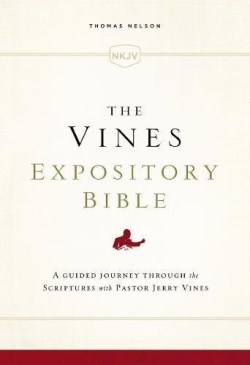
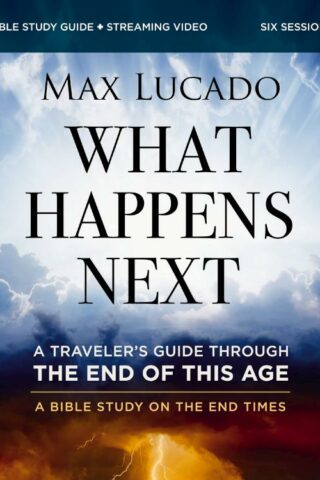
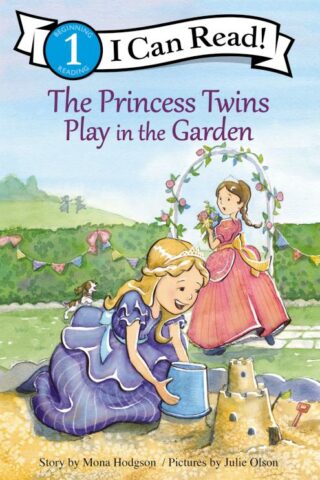

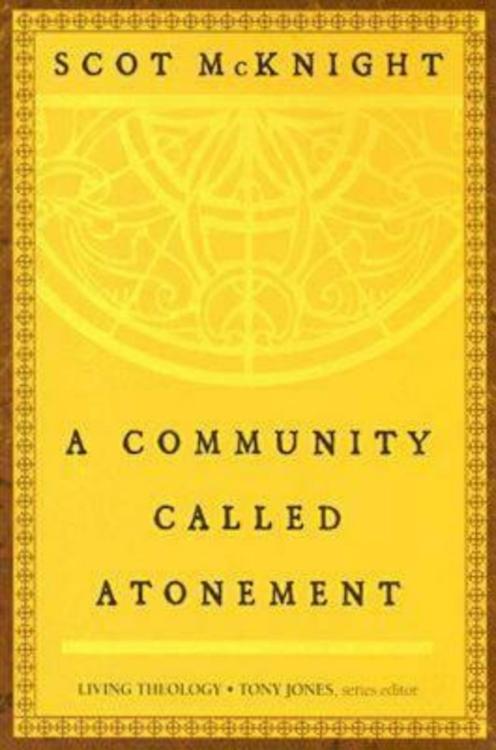


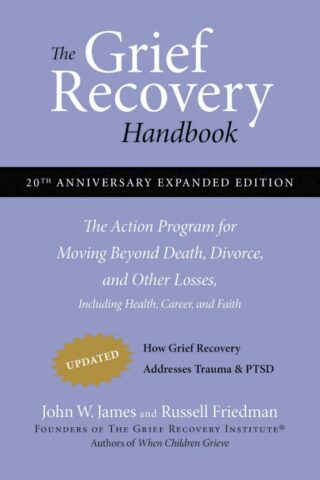
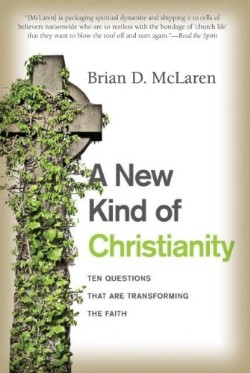


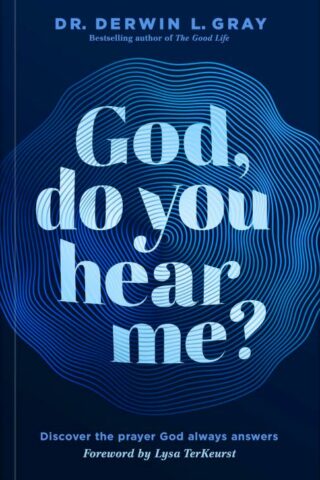
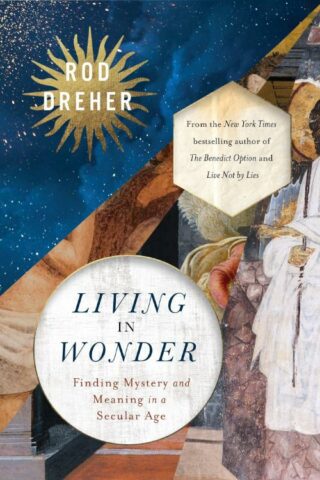
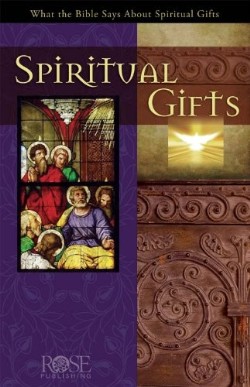
Reviews
There are no reviews yet.